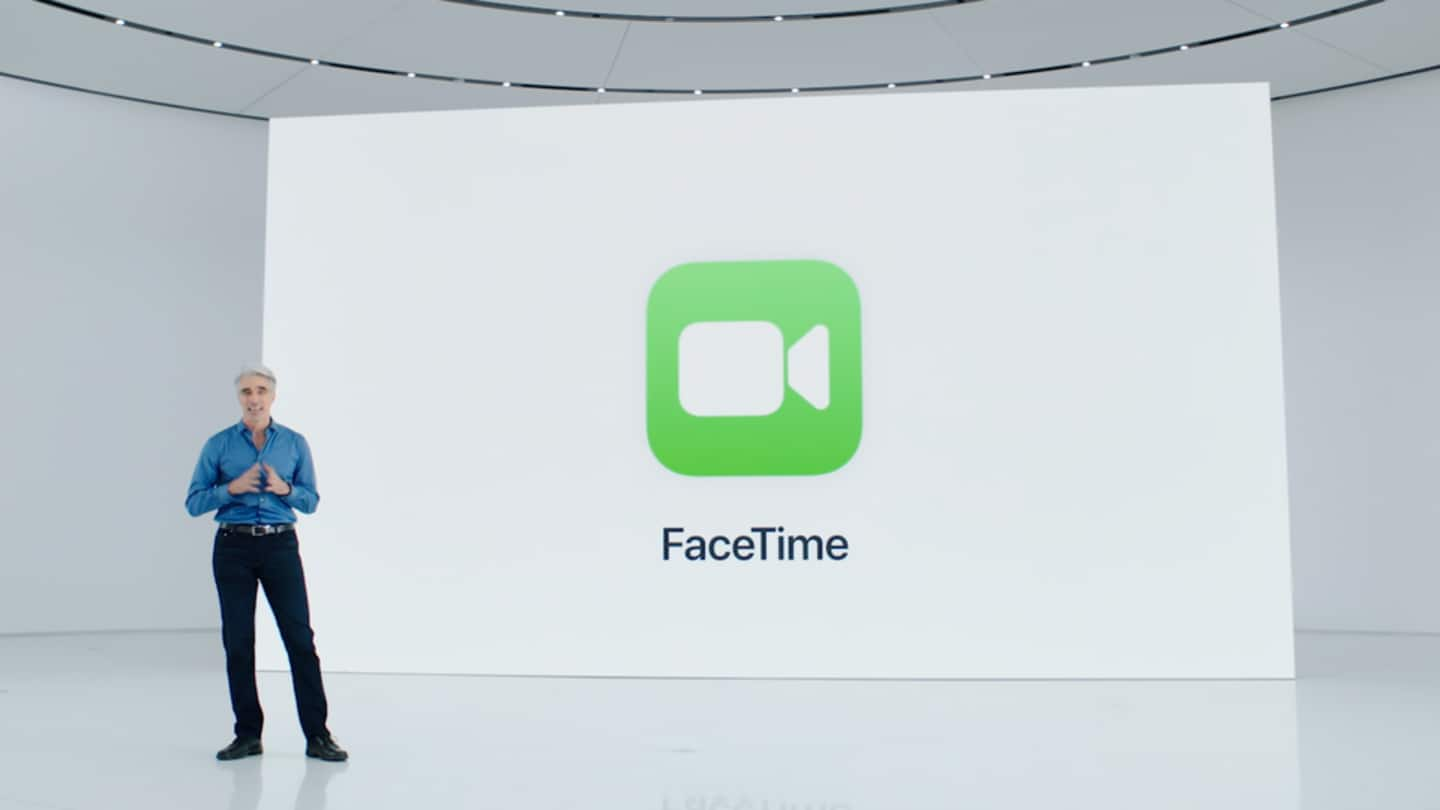
NewsBytes Briefing: Apple keeps Android users in check, and more
What's the story
"Don't call us, we'll call you," best describes the dynamics between Android and Apple users when it comes to the new cross-platform FaceTime update.
Apple now allows FaceTime users to call friends using Android phones, but the latter aren't allowed to FaceTime Apple users. This shouldn't be an issue in the real world because Android and iOS users don't really get along, do they?
Showing foresight
US prepares to pump $50+ billion in local chip manufacturing
We aren't entirely sure why Apple users would ever want to contact their Android counterparts, but the US leadership sure knows that something needs to be done about the global chip shortages—and quickly at that.
The US Senate passed a bill earmarking a whopping $54 billion to improve manufacturing and research for local production of semiconductor and telecommunication equipment.
JioPhone users rejoice
From iOS to KaiOS, feature phones receive WhatsApp voice-calling support
Unlike Apple, Facebook's business strategy doesn't accommodate elitism. That's why it has now brought WhatsApp voice calling to KaiOS-based phones.
This will greatly benefit the users of JioPhone and JioPhone 2, which constitute a large chunk of feature phone users in India. The best part is, unlike FaceTime, even feature phone users can chat with their iOS counterparts thanks to WhatsApp's non-discriminatory policies.
Brick-and-mortar
Microsoft wants to sell its products through physical 'Experience Centers'
While the rest of the world shuts down brick-and-mortar shops, Microsoft is reopening three of its "Experience Centers" in London, New York City, and Sydney to sell Surface laptops, Xbox consoles, and Office 365 subscriptions.
Microsoft had shut down these locations in June 2020 due to the pandemic. If that sounds absurd, these stores aren't even likely to stock Xbox consoles due to shortages.
Collaborative effort
Pixel Fold's Samsung-made display rumored to enter production in October
Making devices with foldable displays is incredibly difficult. That's why Samsung is helping Google out with the ultra-thin glass (UTG) and OLED panels for its rumored foldable Pixel phone.
Google has been quiet about this, but some analysts claim that Samsung will begin producing these displays sometime around October this year, with Google itself preparing to launch the phone by the year-end.